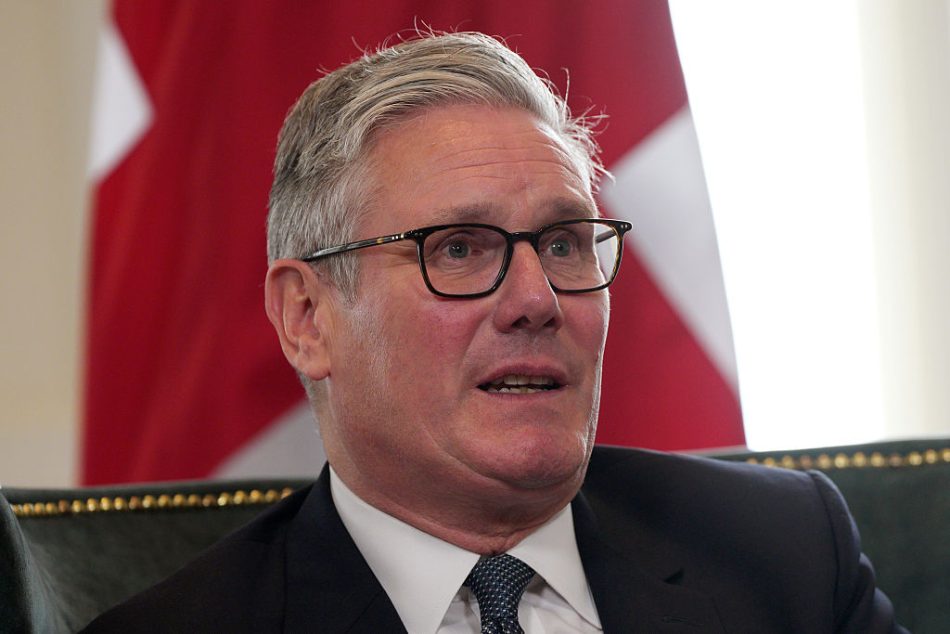Following a lengthy cabinet meeting this afternoon, No. 10 announced that the UK is prepared to follow France in recognising a Palestinian state in September. Keir Starmer intends to press ahead with this plan unless three conditions are met: that Israel takes substantive steps and reaches a ceasefire, makes clear that there will be no annexation of the West Bank and commits to a long-term peace process to deliver a two-state solution. Given that Israel is currently unlikely to commit to any, let alone all three, of these conditions, British recognition of Palestine now looks inevitable.
The official Downing Street read-out of today’s session stretches to 664 words. That is a testament to the anger and anguish which this issue is causing in both the Labour party and in government. Today’s announcement has looked likely since Friday, when more than 130 of Starmer’s own MPs signed a letter demanding recognition. That rising political pressure reflects domestic opinion hardening on Gaza. The Prime Minister told the cabinet today that ‘the recent images of starvation had deeply affected the British public and underscored the increasingly intolerable situation.’
Starmer stressed both the importance of aid getting into the region and the extent to which British action was being undertaken in a multilateral spirit. David Lammy, the foreign secretary, updated his colleagues on work being done on this aspect with both Jordan and the UAE. An assessment will be carried out ahead of the UN General Assembly (UNGA) meeting in September; given Israel’s current posture, this looks likely to be a mere rubber-stamping of British recognition.
Out of the 193 UN member states, 147 already recognise Palestine as a state – including Russia, China, India, Spain, Ireland and Norway. In six weeks’ time, the UK and France are set to become the first G7 countries to do the same. Israel’s historic relationship with both Germany and the United States mean that neither of those countries will likely ever follow suit. But in Canada, Mark Carney is under some pressure to do so; Italy’s Giorgia Meloni has thus far dismissed such calls.
Benjamin Netanyahu has remained defiant, gambling that as long as he enjoys American support, he need not pay too much heed to the international community. But Starmer’s announcement today follows some striking criticism of Israel yesterday by Donald Trump, in which the US President said there was ‘real starvation’ in Gaza – despite the claims of Netanyahu’s administration. In Whitehall, Trump’s remarks at that press conference were interpreted as a cautious amber-light to Starmer, enabling him to proceed with UK recognition of Palestine.
Britain’s role in impacting the outcome of the war in Gaza has been grossly overestimated by some on the Labour benches. But today’s decision could be important in offering a useful reminder to the Israeli government on how opinion is changing both in London and in Washington too.







Comments